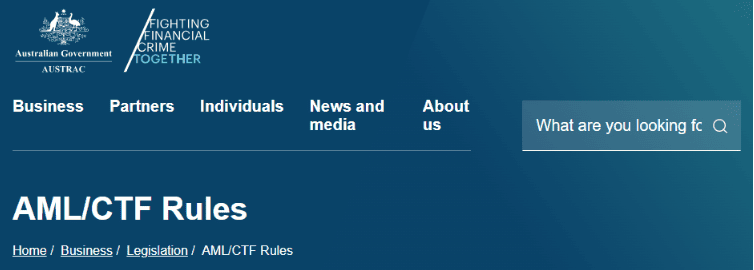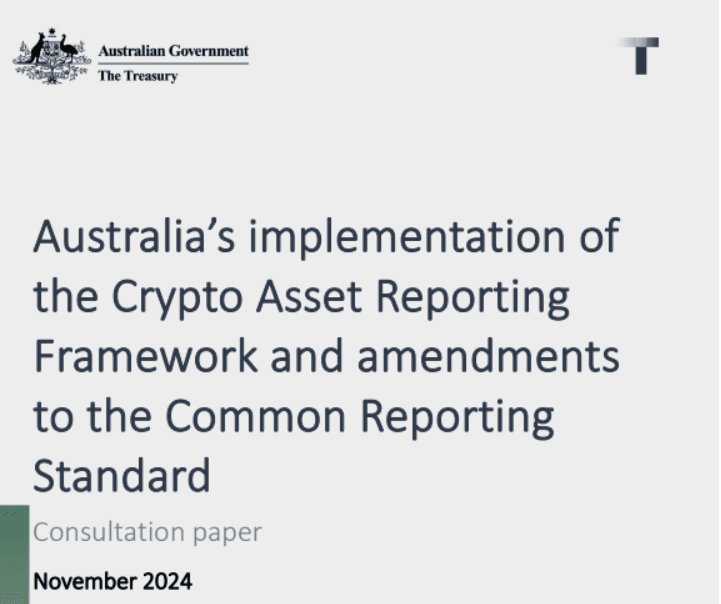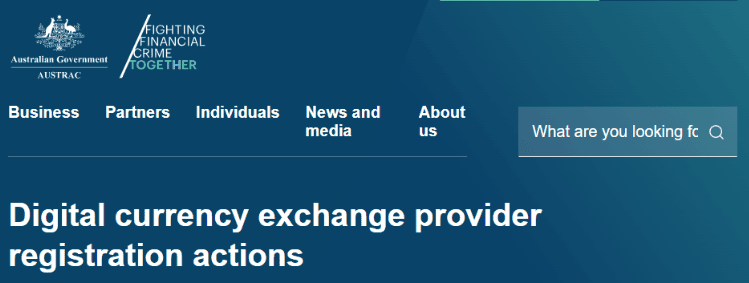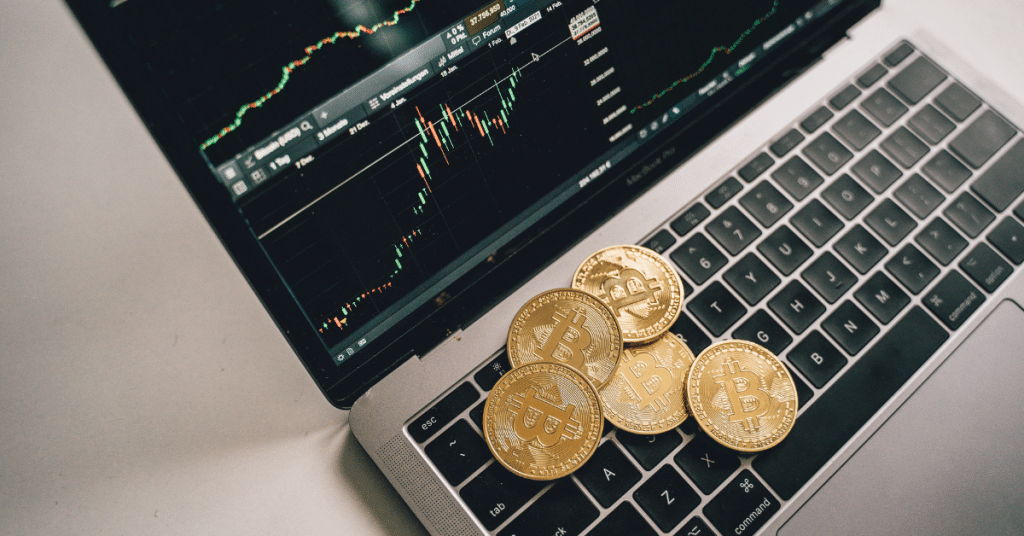Cryptocurrency is legal in Australia and regulated under the country’s existing financial laws.
The Australian Transaction Reports and Analysis Centre (AUSTRAC) oversees anti-money laundering (AML) obligations for digital currency exchanges, while the Australian Securities and Investments Commission (ASIC) governs crypto assets that fall under financial product classifications.
In short, using cryptocurrency is legal, but it is subject to stringent compliance requirements.
The Australian government has established a regulatory approach that treats digital assets as property while implementing consumer protections and licensing requirements for exchanges. Let us find more details about it!
Regulation of Cryptocurrency in Australia
As per AUSTRAC’s 2018 rules and regulations, any business offering digital currency exchange services must register, verify customer identities, and report suspicious transactions.

While there is currently no legislation created to deal with cryptocurrencies as a discrete area of law, this does not prevent them from being captured within existing regimes under Australian law.
The ASIC’s Information Sheet outlines the circumstances under which crypto-assets qualify as managed investment schemes, financial products, or derivatives, triggering licensing and compliance requirements under the Corporations Act 2001.
Notably, cryptocurrency itself is not considered legal tender in Australia.
However, as clarified in the Australian Government Senate Select Committee reports (2021), Australia aims to create a flexible but strong framework that encourages crypto innovation while protecting users.
Crypto Tax Laws in Australia
The Australian Taxation Office (ATO) treats cryptocurrency as property, not currency, for tax purposes. That means Capital Gains Tax (CGT) applies when you sell, gift, exchange, or convert crypto to fiat.
Businesses that accept or pay in crypto must account for it as ordinary income. For example, bitcoin mining (although legal) must be assessed for tax obligations if carried out as a business.
The ATO also maintains a clear stance in its official crypto tax guidelines, a crucial source for accounting for cryptocurrency and tax compliance.
International Cryptocurrency Law Alignment
Australia aims to align its cryptocurrency regulations with those of other major countries worldwide.
“Same activity, same risk, same regulatory outcome” means that regardless of whether it’s traditional finance or crypto, if it involves the same type of financial activity and carries the same risks, it should be subject to the same regulations.

Australia, as part of IOSCO (a global group of securities regulators), supports this initiative to protect investors and maintain fair markets. You can read more about this in the International Monetary Fund circular.

Additionally, Australia’s Treasury Department plans to adopt the Crypto Asset Reporting Framework (CARF) by 2027.
This is a system created by the OECD (another international organization) to ensure countries share information about cryptocurrency transactions, helping to prevent tax evasion and track the movement of money across borders in the cryptocurrency world.
What Are Cryptocurrencies Used For In Australia?
In Australia, cryptocurrencies are widely used for:
- Investment
- Remittances
- Gaming
- Charitable donations
Major retailers and online platforms accept Bitcoin and Ethereum. According to the Reserve Bank of Australia (RBA), a growing number of Australians are using cryptocurrency for day-to-day transactions, though it’s more popular as a speculative asset.

The number of cryptocurrencies traded by Aussies is extensive, with exchanges listing hundreds of tokens, from Bitcoin and Ethereum to DeFi tokens and stablecoins.
Are Cryptocurrency Exchanges Regulated in Australia?
Cryptocurrency exchanges operating in Australia must register with AUSTRAC and comply with AML/CTF rules. Some exchanges also require Australian Financial Services (AFS) licences if they offer crypto-related financial products.

This regulation helps protect users and aligns with Australia’s position on regulating cryptocurrency globally.
The Albanese Government is outlining the next steps in its approach to regulating crypto and digital assets to protect consumers, support innovation, and provide industry certainty. Here are a few I researched:
- Financial Licensing Requirements for Crypto Platforms
Platform providers will be required to hold an AFSL if the total value of platform entitlements held by any one client exceeds $1500 or the aggregate assets held by the platform provider exceeds $5 million.
These thresholds ensure that significant crypto businesses operate under proper oversight while allowing smaller operations to innovate.
- Existing Anti-Money Laundering Regulations
Digital currency exchange providers must be registered and enrolled with AUSTRAC.
This anti-money laundering requirement has been in place since 2018, demonstrating Australia’s early commitment to preventing illicit activities.
When did Bitcoin become legal in Australia?
Bitcoin’s legal status in Australia was clarified in December 2013 when the Governor of the Reserve Bank of Australia stated that there was no law preventing people from transacting in alternative currencies, including Bitcoin.

Further regulatory recognition came in 2017 when the Australian government amended the Goods and Services Tax (GST) laws, ensuring that digital currencies like Bitcoin were no longer subject to double taxation.
Is Bitcoin Mining Worth It in Australia?
Technically legal, Bitcoin mining in Australia is heavily influenced by electricity costs. While industrial miners in regions like Tasmania can benefit from lower rates, most hobbyist miners find that bitcoin mining isn’t worth it financially due to high power prices.
Moreover, mining income is considered taxable under the ATO’s income tax laws.

Australian Cryptocurrency & Islamic Law
Australia does not impose limitations on cryptocurrency use due to religious beliefs, yet many Australian Muslims look to global fatwas on this matter.
The discussion around “is Bitcoin halal” typically hinges on its applications, whether for speculation (haram) or practical use (halal).
Consequently, its classification is subjective and varies depending on the specific context.

Future of Cryptocurrency in Australia
Australia is exploring the concept of a national cryptocurrency through pilot programs on central bank digital currencies (CBDCs), spearheaded by the Reserve Bank of Australia and the Digital Finance Cooperative Research Centre (DFCRC).

The initiative reflects global trends toward government-backed crypto development. The proposed reforms aim to mitigate the risk of these collapses by enhancing the standards of platform operation and increasing oversight.
Beyond cryptocurrency specifically, regulating blockchain technology encompasses a range of applications, from tokenization to smart contracts. Proposals to tokenise financial products and other ‘real-world’ assets have been increasing recently, and we have been monitoring broader developments in this area
With feedback on the proposal paper and further consultation next year on the draft legislation, the regulatory framework continues to evolve.
Suggested Reads:
Conclusion: Cryptocurrency Is Legal And Regulated In Australia
Cryptocurrency is entirely legal in Australia under a regulatory framework that prioritizes consumer protection while supporting innovation.
Users must comply with tax obligations, and exchanges require proper licensing. However, the overall environment remains supportive of legitimate cryptocurrency activities.
As regulations continue developing through 2025-2026, staying informed about compliance requirements remains essential for all participants in Australia’s digital asset ecosystem.
FAQs
No license is needed for personal cryptocurrency trading. However, if you operate a crypto exchange, wallet service, or provide crypto financial products, you may need to register with AUSTRAC and get an Australian Financial Services (AFS) license under ASIC regulations.
It is legal to receive salary or payments in cryptocurrency if both parties agree. However, the payment is treated as barter under tax law, and the recipient must report the fair market value in AUD as income to the Australian Taxation Office (ATO).
Australian banks may block or delay transactions with cryptocurrency exchanges when suspicious activity is detected or to meet anti-money laundering (AML) regulations. Some banks have stricter policies, so users should check their bank’s crypto policy.
Australians can legally use international crypto exchanges, but they may not offer the same consumer protections as Australian-registered platforms. The ATO and AUSTRAC still expect accurate reporting and compliance, even if the exchange is offshore.
Failing to report cryptocurrency capital gains or income can result in penalties, interest, and audits by the ATO. Since the ATO uses data matching with exchanges, non-disclosure can be easily detected. Intentional tax evasion may result in legal prosecution.
The value of $100 worth of Bitcoin in Australian dollars (AUD) varies based on the current exchange rate. As of recent data, 0.00061 BTC is equivalent to approximately $100 AUD.
Converting $1,000 AUD to Bitcoin yields approximately 0.0061 BTC, depending on the prevailing exchange rate.







